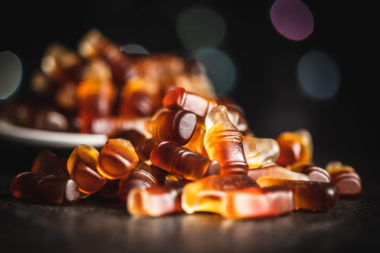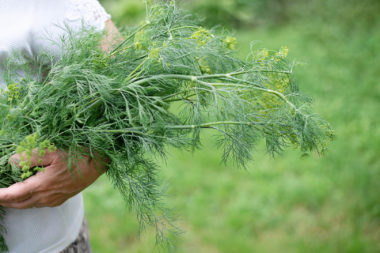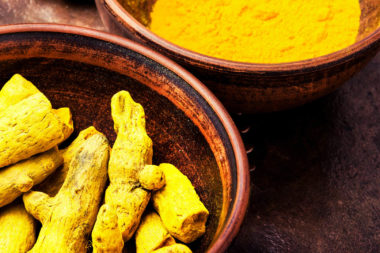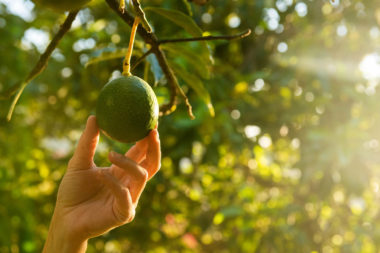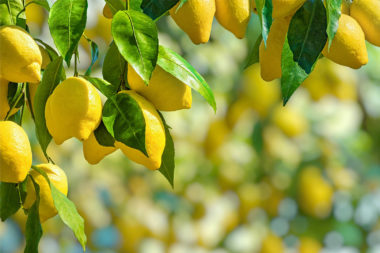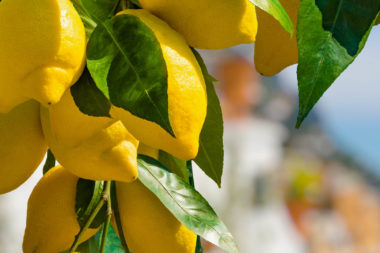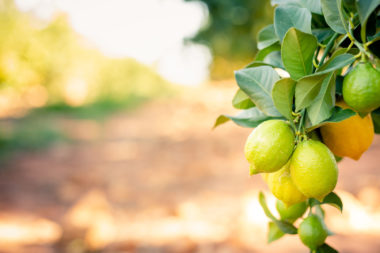

Curcumin
Briefly about curcumin
- Has a strong anti-inflammatory effect
- Has an ability to increase the amount of antioxidants produced by the body
- Research suggests that the symptoms of anxiety and depression can be reduced with the help of curcumin
Learn more about curcumin
Gurkmeja, Curcuma longa, contains a strong yellow pigment called curcumin, which has a slightly bitter taste resembling ginger, which incidentally belongs to the same plant family. Curcumin is a polyphenol that functions as an antioxidant and stimulates the body’s ability to fight free radicals and counteract oxidative stress. It also has a potent anti-inflammatory effect and can therefore contribute to maintaining flexible joints. Turmeric is used extensively, especially in Asian cuisine, and gives the food a beautiful yellow color.
What is curcumin good for?
The amazing properties of curcumin are not new; turmeric has been used for thousands of years in Ayurvedic medicine, Indian traditional medicine, and Chinese medicine. It has been used to improve digestion, lower blood sugar levels, boost the immune system, reduce inflammation, improve blood circulation and liver function, provide pain relief, and more. Its strong anti-inflammatory properties, combined with its analgesic effects, are utilized, for example, in treating joint pain and osteoarthritis. Curcumin can also lower LDL cholesterol, the “bad” cholesterol, and research suggests that it may alleviate symptoms of anxiety and depression.
More studies are needed before a direct correlation can be established, but it is a fact that certain types of cancer occur less frequently in countries where turmeric is extensively used in cooking. Prolonged inflammation in the body is believed to be a contributing factor to many types of cancer, and curcumin’s potent anti-inflammatory properties may be linked to this association. The same applies to Alzheimer’s disease, which also has a lower incidence in these countries. Research has shown that fruit flies with Alzheimer’s lived 75% longer when fed curcumin, but further research is required to fully understand the effects.
What can curcumin deficiency mean?
Curcumin is not an essential substance and there are no recommended intakes, so there is no shortage.
How do we get curcumin?
Curcumin is found in turmeric, and we can obtain it when turmeric is used in food. However, curcumin has poor absorption in the intestines, and we have difficulty utilizing it, both from food and as a powdered supplement.
To benefit from the advantages of curcumin, it is beneficial to have a regular, daily supplement. Liposomal curcumin supplements, where curcumin is encapsulated in fat within a liposome, are preferred because the liposome resembles the structure of cell membranes, allowing for easy absorption in the intestines.

